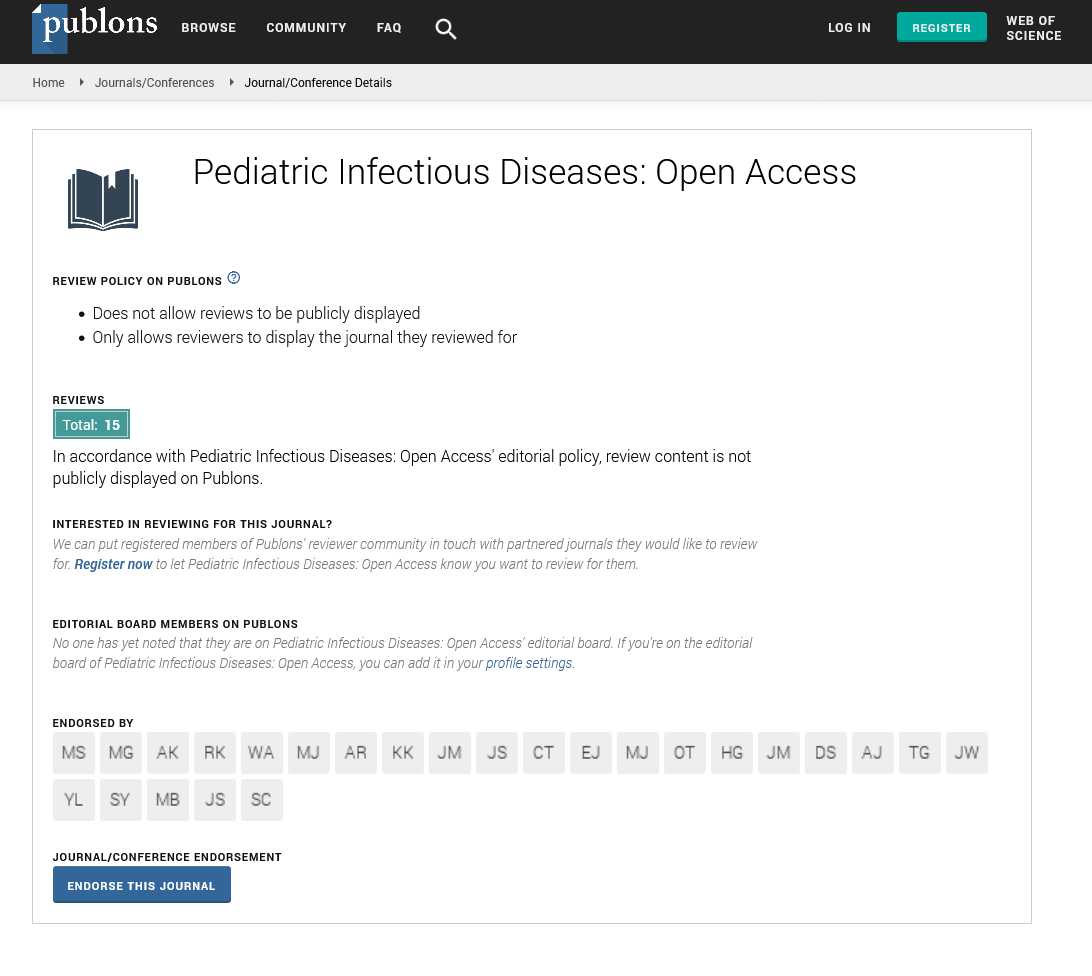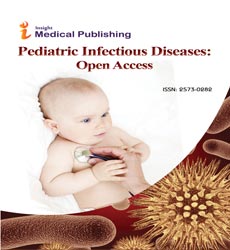Abstract
Toxoplasmosis Molecular Testing Discrepancy in a Case of Asymptomatic Microcephaly
Introduction: Microcephaly is a congenital anomaly associated with a wide range of etiological factors such as infections, medications/substances, genetic abnormalities and radiation. Environmental factors that are teratogenic must also be included in the differential diagnosis as common etiologies. In this report we describe a neonate with microcephaly whose molecular tests showed conflicting results in regards to the etiology of the condition.
Case Report: We describe a case of a term female neonate that was admitted for work up of microcephaly in a nursery in South Brazil. The maternal history was significant for HIV positivity, on irregular antiretroviral therapy, substance abuse (crack) and previous incomplete treatment for neurosyphilis. The initial investigations for the neonate were significant for toxoplasmosis IgG (45,000) and the cerebrospinal fluid analisys revealed a positive real time PCR for toxoplasmosis. Triple treatment for neurotoxoplasmosis was instituted (Sulfadiazine, Pyrimethamine and Folinic Acid). As complementary exams came all negative including cerebrospinal DNA sequencing for Toxoplasma gondii and the baby became constantly neutropenic, treatment was discontinued and the infant was sent home for follow-up with serologies and ophthalmological monitoring.
Discussion: This case described a new-born with microcephaly that was initially thought to be secondary to congenital neurotoxoplasmosis with a positive PCR in the CSF. However, the diagnosis was refuted with the absence of other clinical signs and once the DNA sequencing for Toxoplasma gondii was negative in the cerebrospinal fluid. The highlight of this report lies on the fact that two very accurate molecular tests showed divergent results. Although there were multiple risk factors for microcephaly in this patient, the definitive cause cannot be determined.
Author(s):
Luciana Friedrich, Adrianne Rahde Bischoff, Juliana Ritondale Sodré de Castro, Jéssica Maria Gonçalves Dias Cionek, Juliane Zambrzycki, Pauline Simas Machado and Tamires Ferri Macedo
Abstract | Full-Text | PDF
Share this

Google scholar citation report
Citations : 230
Pediatric Infectious Diseases: Open Access received 230 citations as per google scholar report
Pediatric Infectious Diseases: Open Access peer review process verified at publons
Abstracted/Indexed in
- Google Scholar
- China National Knowledge Infrastructure (CNKI)
- Cosmos IF
- Secret Search Engine Labs
Open Access Journals
- Aquaculture & Veterinary Science
- Chemistry & Chemical Sciences
- Clinical Sciences
- Engineering
- General Science
- Genetics & Molecular Biology
- Health Care & Nursing
- Immunology & Microbiology
- Materials Science
- Mathematics & Physics
- Medical Sciences
- Neurology & Psychiatry
- Oncology & Cancer Science
- Pharmaceutical Sciences


